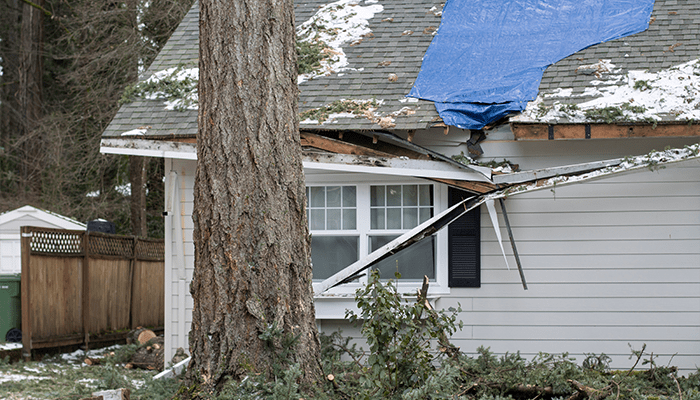
Navigating Home Sharing Risks and Protection Options
Home sharing is a growing trend, especially with the popularity and convenience of services and programs such as Airbnb. When a renter occupies your home, even for a short amount of time, you and your family will be exposed to significantly different risks (including property damage) that weren’t accounted for when your homeowners insurance policy was initially written.
Relying solely on your homeowners or renters insurance policy while hosting guests through any home sharing organization can lead to significant gaps in coverage. These policies are designed to protect you and your family from everyday risks, but not from commercial renting.
Home Sharing as a Business:
If you plan to rent out your home on a regular basis to generate income, many insurance companies consider this commercial use and require you to obtain a commercial insurance policy in order to be properly covered. A growing number of insurance companies now offer home-sharing liability insurance policies that can be purchased on a month-to-month basis. If you’re planning to rent the entire home for an extended period of time, you'll want landlord insurance for adequate protection.
With home sharing, the rules are not black and white. According to the Insurance Information Institute, some insurance companies will allow you to extend your homeowners coverage to a short-term rental if it’s a one-time event and you advise them ahead of time. Other companies require you to purchase a specific endorsement which gets added to your existing policy to cover a temporary rental situation.
Home Sharing as a Renter:
If you’re a renter and subletting to someone else, you should make sure you are adequately covered. In addition to ensuring your landlord allows subletting, you need to check your renters insurance to see if your coverage would apply to a subletter. Most likely there are gaps and the party subletting from you for an extended time should protect themselves as well with their own renter’s policy. Keep in mind that if the sublessee damages any of your personal belongings while you’re away, your renter’s policy may not cover it.
Whether you’re considering renting through Airbnb or another home share organization, your first step should be to contact your insurance broker to review your current homeowners or renters policy. While your policy may allow you to rent your property out, it’s important to keep in mind that each insurer has its own restrictions and requirements. Some require advance notice of any short-term rental, while others might insist that you purchase an endorsement to expand your coverage. If you do business with an independent agent who writes with many different insurance companies, you have a good chance they can place you with a company that has coverage available for such exposures. To learn more and ensure you’re properly protected, visit AssuredPartners Personal Insurance.
Sources: Insurance Information Institute, Investopia
Featured News & Insights

The holiday season can be stressful for many, as households feel pressure to visit family members, spend more than usual on gifts and join the hundreds of thousands traveling to their desired...

Wildfires are an ever-growing threat to communities across the globe, with their frequency and intensity increasing each year. The devastating impact of these uncontrolled blazes is felt not only in...

When it comes to natural disasters, storms producing wind and hail might not always grab the headlines like hurricanes or earthquakes, but they cause a surprising amount of damage and can lead to a...